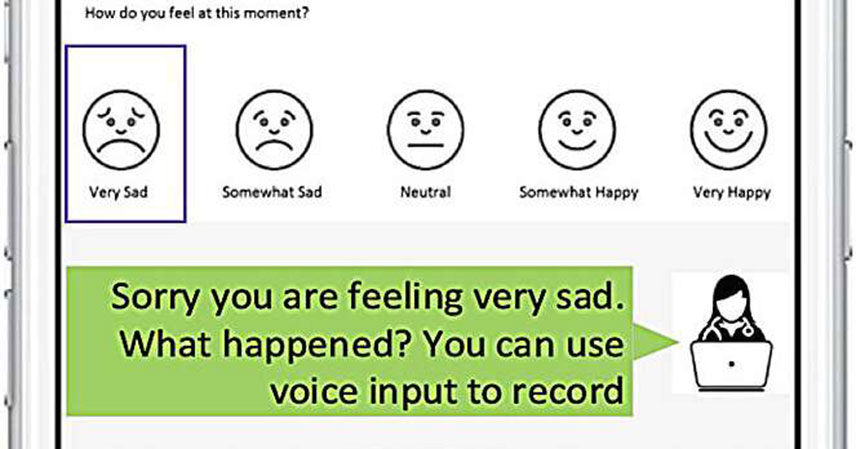The adage, “you cannot pour from an empty cup,” resonates deeply within the caregiving community. To effectively support others, individuals must first nurture their own well-being. This principle is especially crucial for the more than 19 million people in the U.S. who serve as family caregivers.
These dedicated individuals care for loved ones facing Alzheimer’s Disease and related dementias (ADRD). Their unwavering commitment often comes at a significant personal cost. There is a growing and urgent demand for effective tools and support systems designed specifically for them.
The Hidden Toll: Understanding Caregiver Vulnerability 💔
Family caregivers of individuals with ADRD face immense challenges. Their role is often characterized by long-term, strenuous responsibilities. This demanding situation can lead to a severe lack of personal support.
Research consistently highlights their vulnerability. They are at a significantly higher risk for poor mental and physical health outcomes. The emotional strain is profound. Caregivers often grapple with feelings of grief, isolation, and chronic stress.
Physically, the constant demands can lead to exhaustion. Sleep deprivation is common. Many caregivers neglect their own health appointments. This sustained pressure can exacerbate existing conditions or lead to new health problems. Recognizing this vulnerability is the first step toward meaningful intervention.
The Growing Demand: A National Imperative 📈
The U.S. population is steadily aging. This demographic shift directly increases the prevalence of age-related conditions like ADRD. Consequently, the number of family caregivers is also on the rise. This trend underscores a critical national imperative.
We must develop robust support infrastructures. Current resources often fall short of meeting the vast and complex needs. The economic impact of unpaid caregiving is substantial. It saves the healthcare system billions of dollars annually. Yet, this contribution often goes unrecognized and unsupported.
Investing in caregiver support is not merely a social nicety. It is a strategic public health and economic necessity. Empowering caregivers strengthens the entire care ecosystem. It helps ensure better outcomes for both caregivers and their loved ones.
Innovative Solutions: Tools for Resilience 🛠️
Addressing caregiver burnout requires a multi-faceted approach. There is a pressing need for innovative tools and resources. These solutions should aim to bolster caregiver resilience. They must also mitigate the adverse effects of their demanding roles.
Digital health platforms offer promising avenues. These can provide accessible educational content. They can also facilitate virtual support groups. Telehealth services might offer crucial mental health support.
Respite care programs are another vital component. These programs offer temporary relief to caregivers. They allow for much-needed breaks. Policy changes could also play a significant role. Expanding access to paid family leave is one example. Financial assistance programs could also alleviate economic burdens. A comprehensive strategy integrates various levels of support.
Key Insights: What We’ve Learned and What’s Next 💡
- Caregiver well-being is foundational: Neglecting caregiver health has far-reaching consequences. It impacts both the individual and the quality of care provided.
- The demand for support is escalating: An aging population means more individuals will take on caregiving roles. Existing support systems are often insufficient.
- Holistic interventions are essential: Effective solutions must address mental, physical, and financial strains. This includes digital tools, respite care, and policy reforms.
- Responsible reporting is crucial: As health journalists, we highlight the research and the needs. We do not offer medical advice. Instead, we advocate for evidence-based support.
Source: New program reduces burnout in dementia caregivers, novel research evaluation proves



